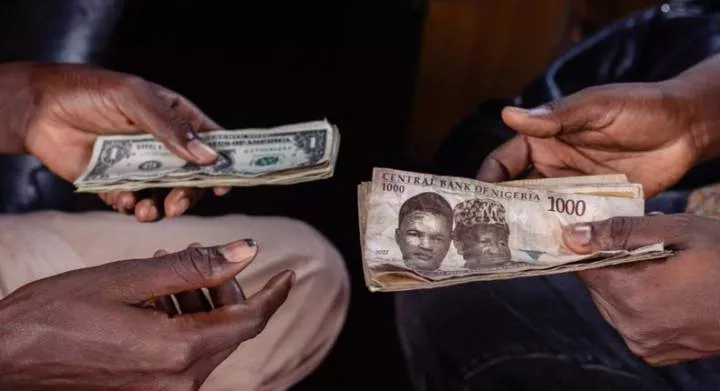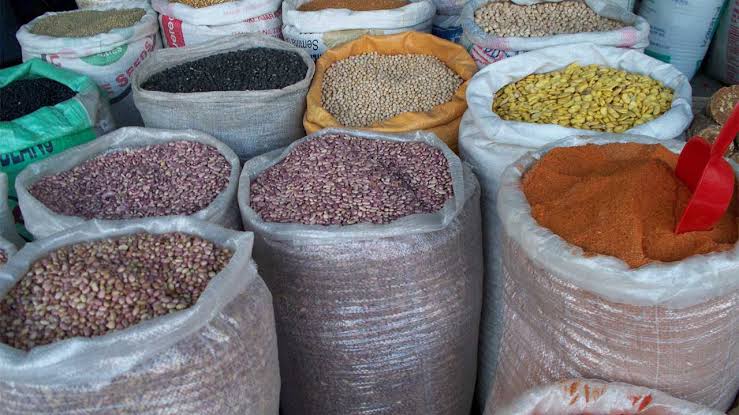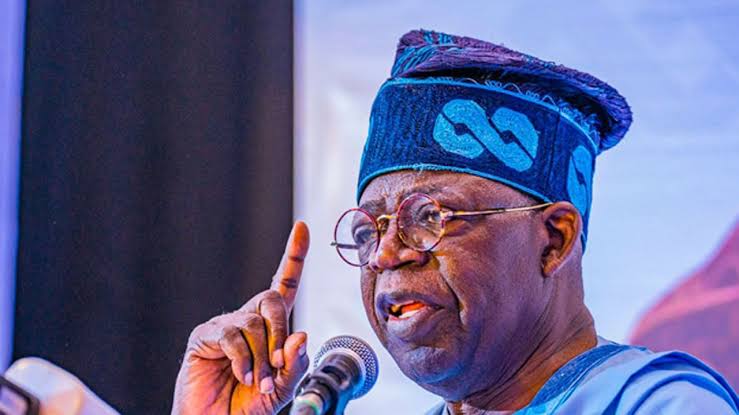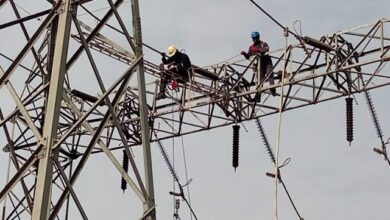Naira becomes worst-performing currency as dollar shortage looms nationwide

Nigeria’s naira has taken a sharp downturn and is now the world’s worst-performing currency over the past month.
This decline puts pressure on the central bank to continue raising interest rates. The naira has weakened to ₦1,466.31 against the dollar, its lowest level since March 20.
This drop is attributed to a local shortage of US currency, with only $84 million available on Thursday, down by half from the previous day.
Razia Khan, Standard Chartered’s chief economist for Africa and the Middle East, predicts that $1.3 billion worth of naira futures will mature by the end of the month, negatively impacting market sentiment.
This recent depreciation is a volatility pattern since Nigerian President Bola Tinubu eased foreign exchange controls in June. Since then, the naira has depreciated by approximately 68% against the dollar, indicating that market forces are now significantly impacting its value.
Experts gives reason for naira decline
As quoted by Blooberg, Khan said, “When the currency appreciated very fast, there had been a bout of profit taking by offshore investors, and this meant that dollar-naira exchange rate backed up again. This is completely in line with the functioning market.”
However, the decrease in the value of the naira is expected to intensify pressure on the Central Bank of Nigeria to raise interest rates further during its upcoming policy meeting on May 21.
During its February and March meetings, the bank had previously raised rates by a combined 600 basis points.
This move helped the naira recover from its low of ₦1,627 against the dollar on March 8 to ₦1,072 by mid-April, as investors opted for higher-yielding local assets.
The unofficial market also witnessed a decline in the value of the naira, slipping by 0.9% to ₦1,468 naira per dollar on Friday.
This drop was attributed to increased demand from individuals and small businesses, as noted by Abubakar Muhammed, CEO of Forward Marketing Bureau de Change Ltd., which monitors data in Lagos, Nigeria’s commercial capital.
However, the naira’s appreciation has stalled due to sluggish demand from international investors for local assets amid concerns about dwindling reserves, according to Danelee Masia, senior economist for South Africa and sub-Saharan Africa at Deutsche Bank.
She said, “We think the naira is likely to be vulnerable to stronger seasonal FX demand” for dollars.
“FX demand tends to go up in Nigeria in Q3 and Q4, driven by stronger corporate demand ahead of the holiday season.”
Ghana, Zambia suffer currency decline
According to Ayodele Salami, chief investment officer at Emerging Markets Investment Management Ltd in the UK, African currencies, including the naira, are under strain due to increased local demand for dollars.
This demand primarily covers the costs of importing raw materials and commodities, such as oil.
Nigeria, despite being a major oil producer, faces significant dollar outflows due to its reliance on imported energy products, as its refining capacity is limited.
Additionally, two other African nations have experienced currency depreciation, with the Zambian kwacha reaching a historic low against the dollar and Ghana’s cedi dropping to its weakest level since 2022.
Both Zambia and Ghana are currently undergoing debt restructuring processes.





